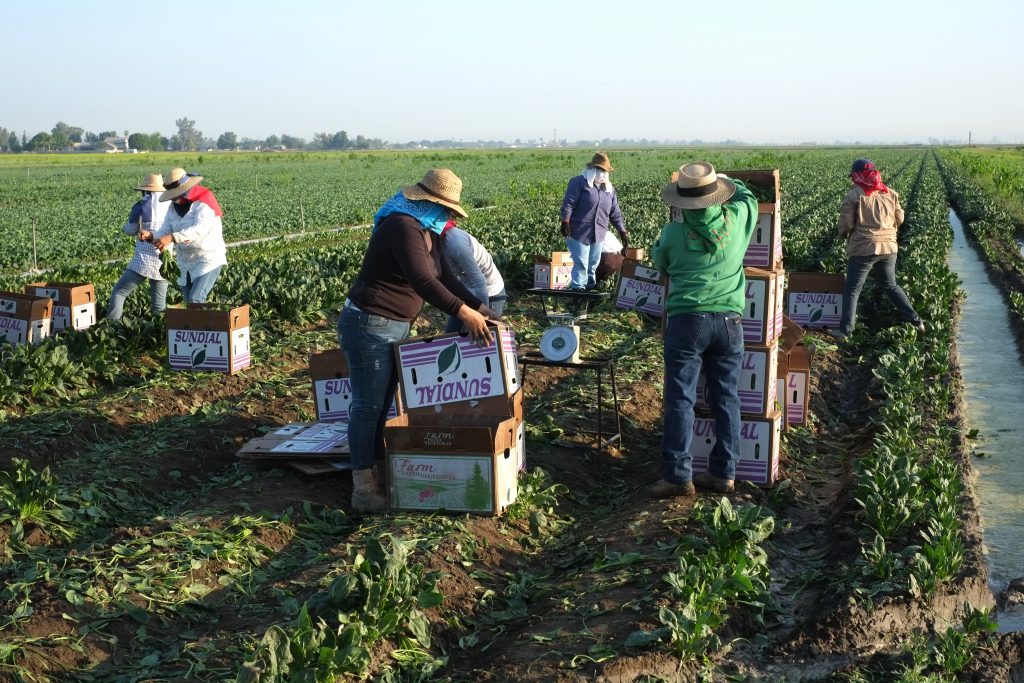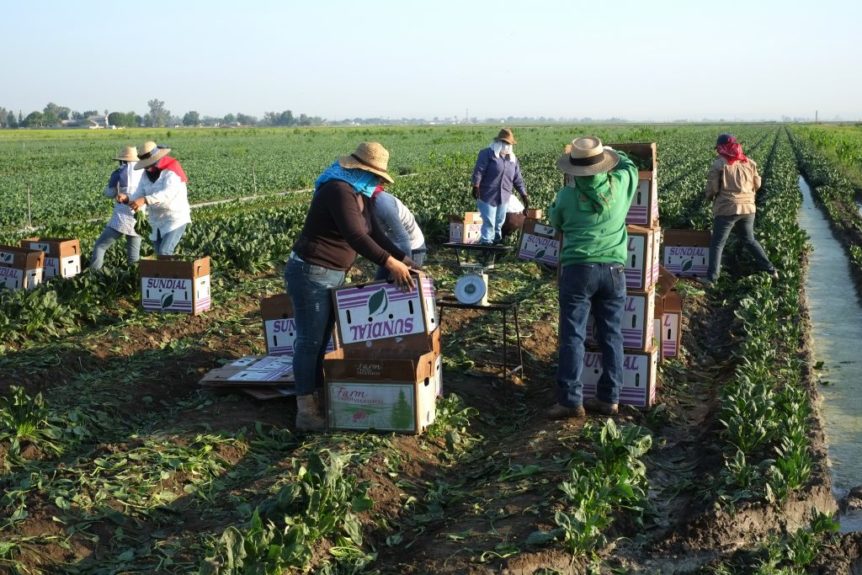
Sen. Rick Scott joined Sen. Mike Crapo and 14 of their Senate colleagues in sending a letter to Senate leadership urging it include a freeze to the Adverse Effect Wage Rate (AEWR) in the earliest possible legislative vehicle.
Joining Senators Scott and Crapo were Senators Jim Risch (R-Idaho), Kevin Cramer (R-North Dakota), Pete Ricketts (R-Nebraska), Tim Scott (R-South Carolina), Roger Marshall (R-Kansas), Lisa Murkowski (R-Alaska), Mike Braun (R-Indiana), Cindy Hyde-Smith (R-Mississippi), Thom Tillis (R-North Carolina), Jerry Moran (R-Kansas), Todd Young (R-Indiana), Ted Budd (R-North Carolina), Mike Rounds (R-South Dakota) and John Hoeven (R-North Dakota).
“The increasing cost of labor for agriculture producers is unsustainable. According to the American Farm Bureau Federation, the national average AEWR will be $17.55 this year,” the Senators wrote. “That represents an increase of 5.6% from 2023, the third year in a row the AEWR increased by over 5%. In fact, the national average AEWR has more than doubled since 2005. This is compounded by the increased costs of inputs like energy and fertilizer, other guest worker expenses such as housing and transportation, and forthcoming expenses imposed by new regulations and fees.
“If costs continue to increase as they have, the pressure put on America’s food producers will fundamentally shift the food production model that has allowed us to be agriculturally independent and secure,” the Senators continued. “In order to support our farmers and ranchers and feed families across the country, we must act now.”
The American Farm Bureau supports the letter.
“Farmers are suffering through a worsening labor crisis, and something must be done to modernize an outdated farmworker system,” said John Walt Boatright, Director of Government Affairs at American Farm Bureau. “While a permanent solution is needed, we appreciate these lawmakers who are working to deliver short-term relief so farmers can continue to grow the food America’s families rely on.”
The increased AEWR went into effect on January 1, 2024.
Source: Rick Scott Press Release











